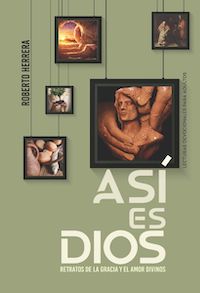David’s Prayer Wherefore
|
The gifts we give to God are only a part of what He has provided.
Everything comes from the hand of God. Thus David “recognized his own unworthiness, and the utter inability of either himself or his people to give unto God unless God Himself had put into their hearts the spirit of giving and into their hands the wherewithal to give.” “This subject of the use of the means entrusted to us should be carefully considered; for the Lord will require his own with usury. While in poverty, many regard systematic giving as a Bible requirement; but when they come into possession of money or property, they do not acknowledge God’s claim upon them. They look upon their means as their own. But not so did King David regard his possessions. He understood that God is the great proprietor of all things, and that he himself was highly honored in that he had been taken into partnership with God. His heart was filled with gratitude for the favor and mercy of God, and in his prayer when presenting offerings for the building of the temple, he said, ‘Of thine own have we given thee.’” God takes pleasure in a religion of the heart. “God’s interest is in righteousness and mercy, not in religious formalism and outward conformity to law. Uprightness within results in kindness, justice, honesty, and goodness without. God calls for a religion of the heart that produces the fruits of upright living.” “He hath shewed thee, O man, what is good; and what doth the LORD require of thee, but to do justly, and to love mercy, and to walk humbly with thy God?” (Micah 6:8).
But how does God judge a person as walking uprightly? He tests the impulses that control one’s actions (Psalm 7:9; 11:4; 26:2; 139:1; Jeremiah 11:20; Revelation 2:23).
“I know also, my God, that thou triest the heart, and hast pleasure in uprightness” (1 Chronicles 29:17). David closed his prayer by requesting that his people remain generous toward God. When God searches your heart, what motives will He see defining your actions?

